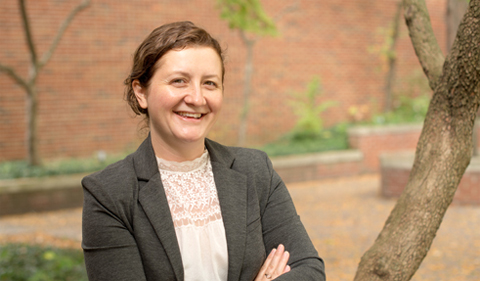
Fareeda Griffith
The Sociology & Anthropology Colloquium Series presents Dr. Fareeda Griffith on “Knowledge, Access, and Practice: An Examination of the Social Determinants of Health Disparities Among Somali Women” on Friday, April 21, at 4 p.m. in Bentley Annex 102.
Griffith is an Associate Professor of Anthropology and Sociology at Denison University. Her areas of specialization include Anthropology & Sociology, Black Studies, and International Studies. She teaches courses on global health, demographic changes in the continent of Africa, survey research methods and racial and ethnic relations around the globe.
Abstract: Previous literature acknowledges a lack of insurance as a deterrent in seeking health care, thus impacting the overall health status of Somali immigrant women (Francis,Griffith, and Leser 2014). This paper builds on the previous literature and addresses the following: 1. examine the link between the social determinants of health framework and the Affordable Care Act. 2. explore Somali women’s attitudes about the feasibility of access and knowledge of the Affordable Care Act, specifically the health insurance marketplace. 3. address Somali women’s experience with doctors and practitioners post-enactment of the Affordable Care Act. Using interview data from approximately twenty Somali women, common themes elicited were the following: miscommunication among Somali immigrant women and their health care providers, feelings of social anxiety and other mental health issues, as well as poor patient and doctor relationships. The project is a community-engaged research study that collects data on individuals’ experiences with the Affordable Care Act by working with members from several Somali led organizations to identify additional key issues within the community. Furthermore, this project challenges the complexity of adapting and integrating into an unfamiliar culture due to language barriers and approach to medical practices, i.e. views about medical practices may be due to cultural values and beliefs about health. In conclusion, this paper provides demographic data about the impact of health disparities on Somali refugees and immigrants by including how they view access to health care, identify barriers to information and care provided by health practitioners, and examine their needs in terms of preventive care.



















Comments